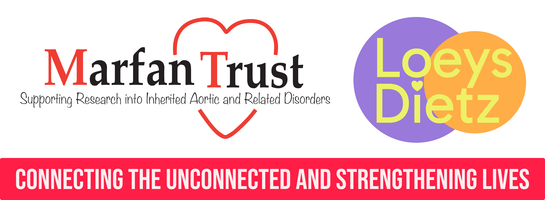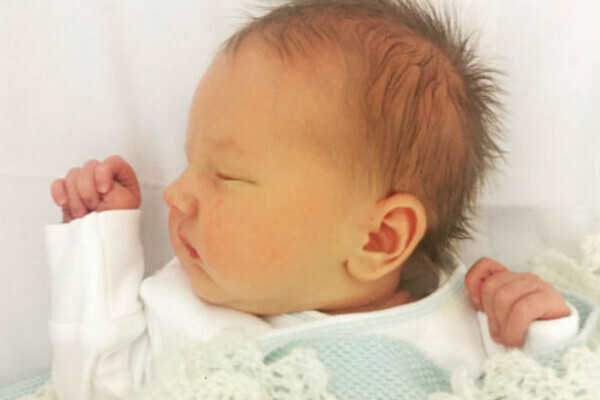Having children is a very personal decision that should be made solely by prospective parents, but only after acknowledging and understanding the potential risks, especially if the female partner is affected. Pre-pregnancy and genetic counselling should therefore be undertaken before starting a family.
Having Children
Children of an affected parent have a 50:50 risk of inheriting Marfan syndrome. When planning pregnancy, if one partner has Marfan syndrome or there is a strong history of Marfan syndrome in the family, a gene mutation test should be sought through referral to a Regional Genetic Centre (RGC). Pre-pregnancy counselling advice will be provided. It is possible to avoid the 50:50 risk of an affected child through prenatal diagnosis or pre-implantation genetic diagnosis.
Preimplantation genetic diagnosis is available via IVF both on a private basis and, for the first child only, on the NHS. To go through the NHS, prospective parents will first need a referral to their RGC from their GP as genetic counselling and gene mutation identification would be the first steps in the process. This would then be followed by onward referral by the RGC to the relevant Assisted Conception Unit. This process allows the couple to plan to have an unaffected child.
For more information, see:
- Pregnancy in Marfan syndrome guide
- What to Expect When You’re Pregnant with Marfan Syndrome
- Going in to Labour with Marfan Syndrome
- The Acceptability of Prenatal Diagnosis & Pre-Implantation
- Dr Child's Casebook: Forethought Spares Afterthought









